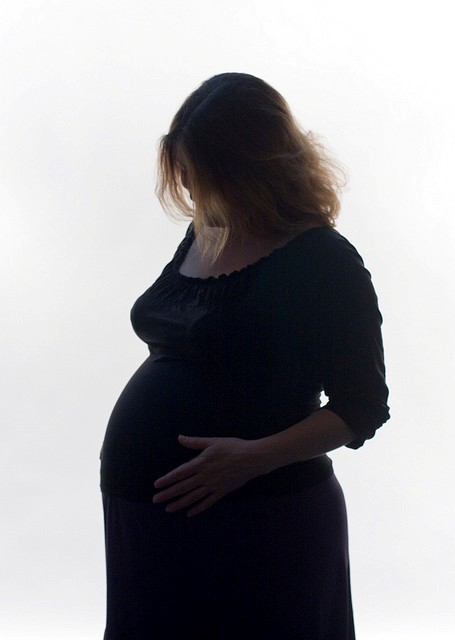Increased Activity in the Right Brain Makes Pregnant Women Emotional and Cranky: Study

Women experience increased activity in the right brain during pregnancy, according to a study.
Mums-to-be complain of forgetfulness and frequent episodes of emotional outbursts that is commonly known as 'Baby Brain'. British researchers found these reactions are due to brain changes in pregnancy that allows mothers to develop bond with their children. For the study experts compared brain activity in 19 pregnant women and 20 new mothers while they were looked at pictures of adults and baby faces showing positive and negative expressions. Almost half on the images used in this test had faces that had neutral expressions and the rest were emotive.
It was observed that pregnant women had more activity in the right brain areas when they saw images with positive expression than subjects who had recently given birth. The right side of brain is concerned with emotion processing and thinking and the activation induced by seeing facial expressions helps women develop bond with their children during birth.
"Our findings give us a significant insight into the 'baby brain' phenomenon that makes a woman more sensitive during the child bearing process," said Victoria Bourne, study author and researcher from Department of Psychology at Royal Holloway, University of London, according to a news release. "We know from previous research that pregnant women and new mothers are more sensitive to emotional expressions, particularly when looking at babies' faces. We also know that new mothers who demonstrate symptoms of postnatal depression sometimes interpret their baby's emotional expressions as more negative than they really are."
The authors believe these alterations are as a result of hormonal fluctuation that makes the brain more receptive and sensitive to facial expressions in later stages of pregnancy. The results help understand and control mothers' erratic mental state that can cause mental imbalances and disabilities in new children.
"Discovering the neuropsychological process that may underpin these changes is a key step towards understanding how they might influence a mother's bonding with her baby,' said Dr Bourne, reports the Daily Mail.
The research is presented at the annual conference of British Psychological Society in Birmingham.
May 07, 2014 09:23 AM EDT





